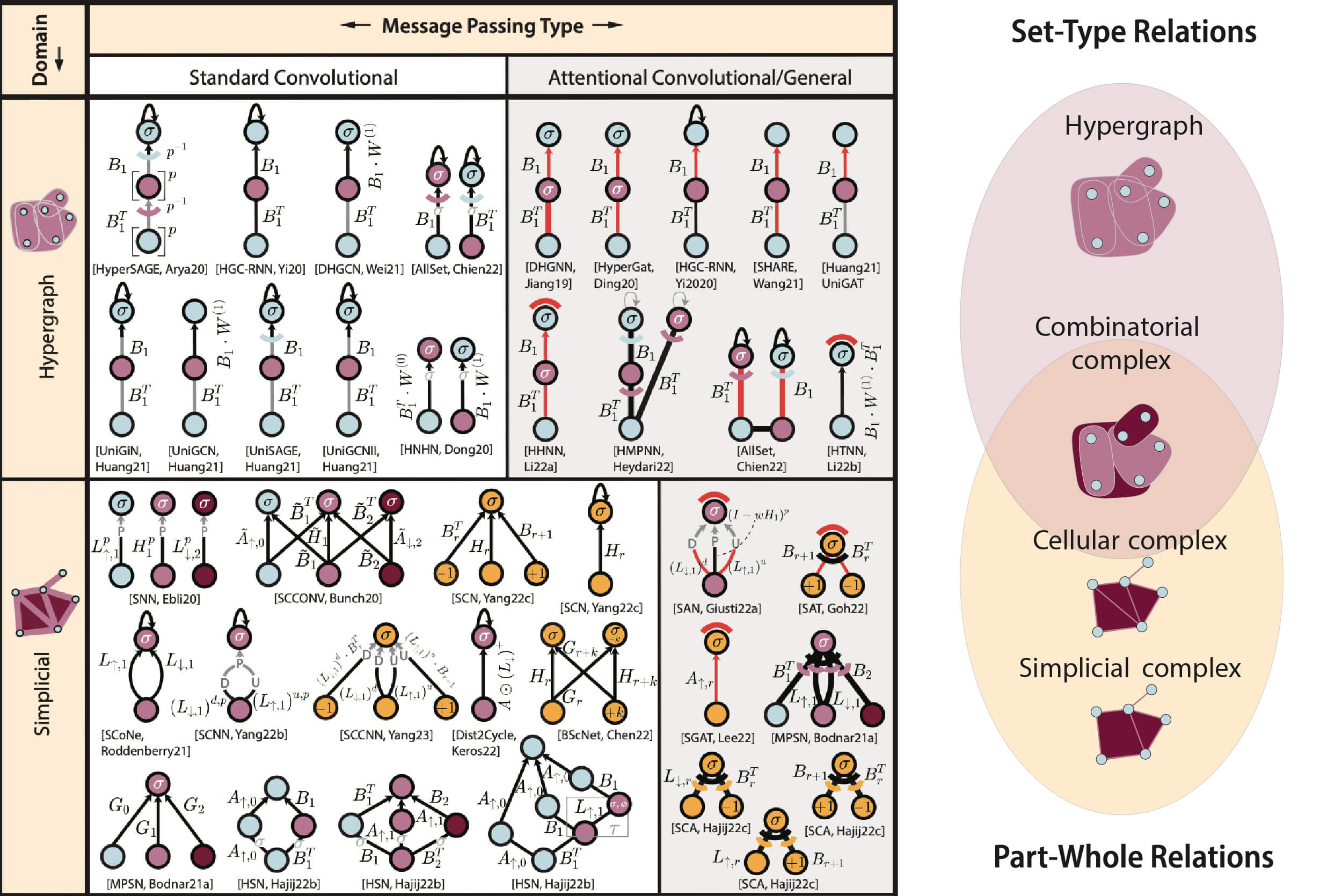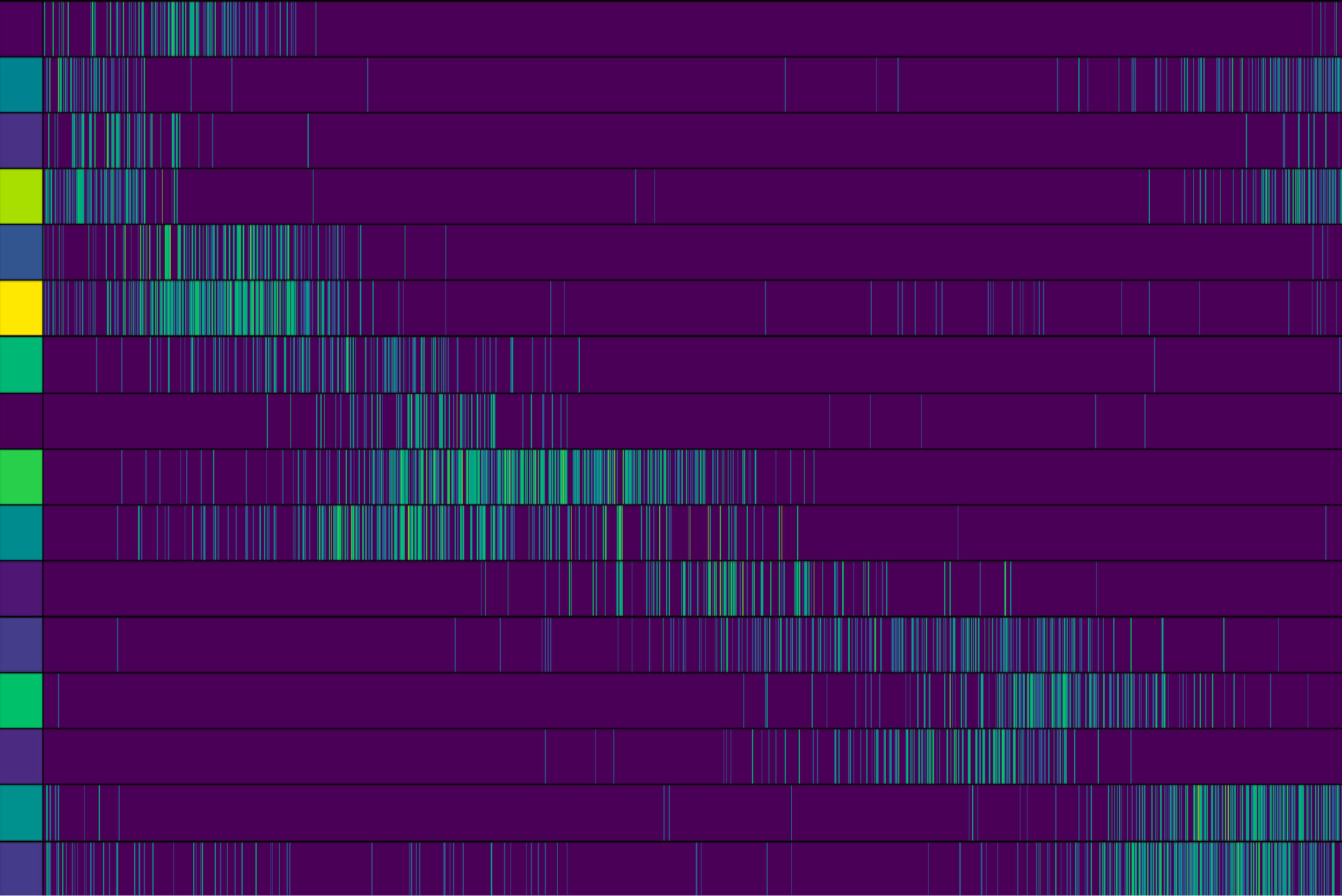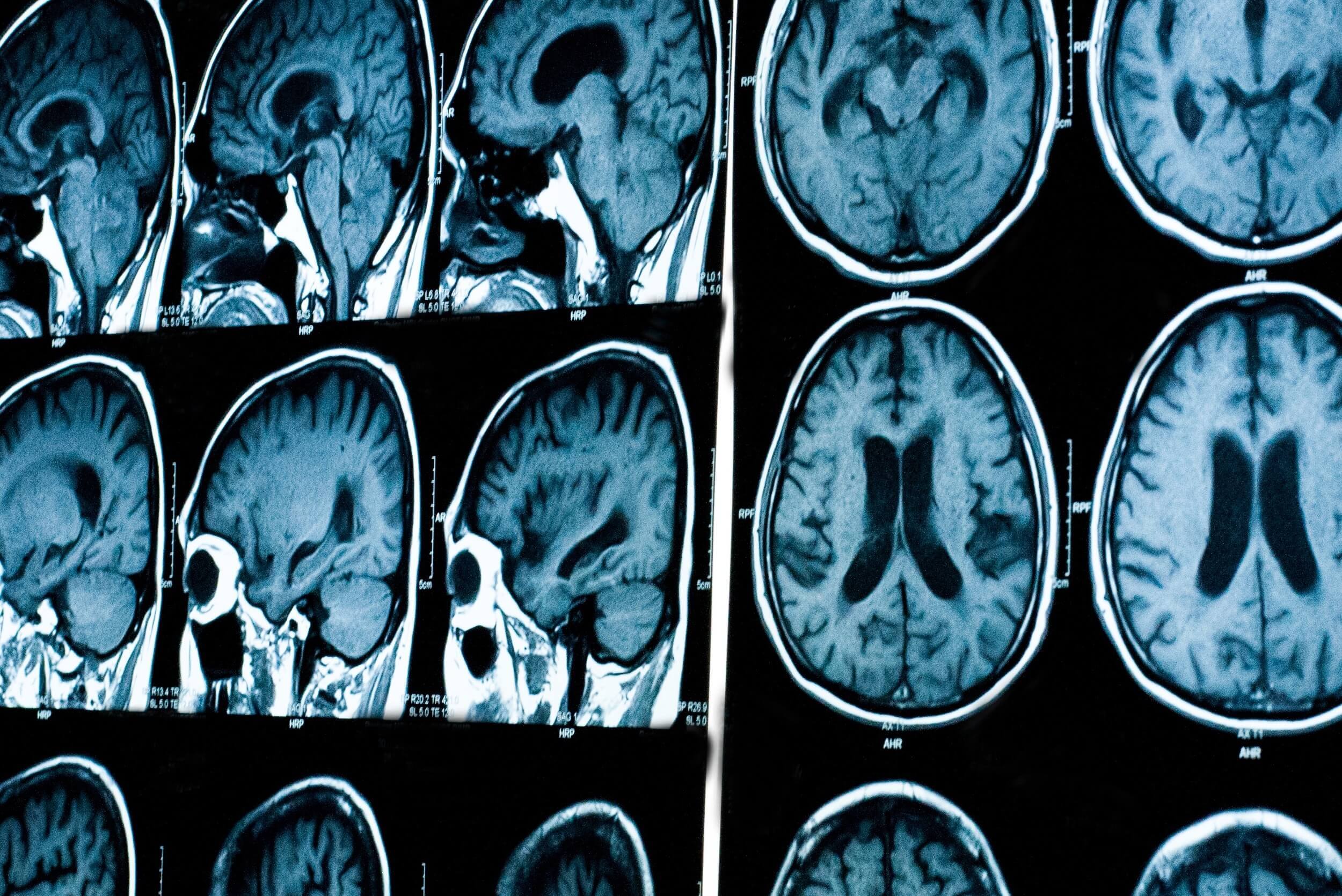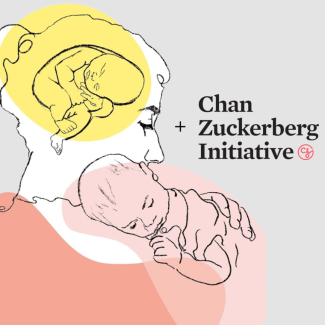We reveal the geometric signatures of natural and artificial intelligence.
Understanding the brain is one of greatest scientific challenges of our time. We still don't know how thoughts emerge from neural activity, how our memories are stored and retrieved, or how our brain so flexibly adapts to new situations.
Meanwhile, today, an equally profound challenge has arisen: understanding the artificial intelligence (AI) emerging in machines of our own making.
In our lab, we believe that these challenges are linked.
Geometric Intelligence Research
We are physicists, neuroscientists, mathematicians and computer scientists who study intelligence in biological and artificial neural networks and use our findings to build better AI models.
Just as physics unified forces through symmetry and geometry, we show mathematically and empirically that human and machine intelligence can be studied under a common framework: geometric intelligence.
Geometric Intelligence in Machines

We study the mathematical properties of top-performing AI models. Using these properties, we design novel AI that succeeds where most models fail—delivering up to +66% higher accuracy or the same accuracy with 10× faster models—even when datasets are small, noisy, or complex (e.g., networks, and 3D shapes). Learn more.
Geometric Intelligence in Brains

We study how geometric patterns of neural activity obey mathematical principles across diverse cognitive functions—from navigation and memory to vision. Learn more.
Building Brain Digital Twins

We leverage shared mathematical principles of intelligence in brains and machines to build multiscale digital twins of the brain, simulating its function in both health and disease. Learn more.
Latest News
Our Project "An AI Model of the Maternal Brain" is Awarded $1M Funding by the Chan Zuckerberg Initiative
We have been awarded $1M funding from the Chan Zuckerberg Initiative (CZI) to develop an AI model of the maternal brain, offering unprecedented insights into how the brain changes during pregnancy and motherhood.
Read MoreOur Project "An AI Model of the Maternal Brain" is Awarded $1M Funding by the Chan Zuckerberg InitiativeDr. Nina Miolane Hosts with the Ann S. Bowers Women's Brain Health Initiative in New York
Geometric Intelligence Principal Investigator, Dr. Nina Miolane, recently gave an engaging talk in New York City, hosted by the Ann S. Bowers Women's Brain Health Initiative and The Lower Eastside Girls Club. As a Co-Director of the WBHI AI Core, Dr. Miolane shared her insights on the AI digital twin of the maternal brain, contributing to the event's mission of advancing the study of women's brain health through deeply collaborative science.
Read MoreDr. Nina Miolane Hosts with the Ann S. Bowers Women's Brain Health Initiative in New YorkDr. Nina Miolane Delivers Keynote Speech at CZI Imaging the Future
We are proud to share that Dr. Nina Miolane, PI of the Geometric Intelligence Lab, delivered a keynote speech at this year's CZI Imagine the Future event. Her presentation focused on critical issues of data disparity and the underrepresentation of women-specific health factors in published imaging research.
"Less than 0.5% percent of brain imaging articles published over the last 25 years consider health factors specific to women."
Read MoreDr. Nina Miolane Delivers Keynote Speech at CZI Imaging the Future


